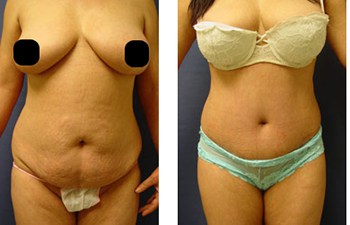Bioengineering, Free Full-Text
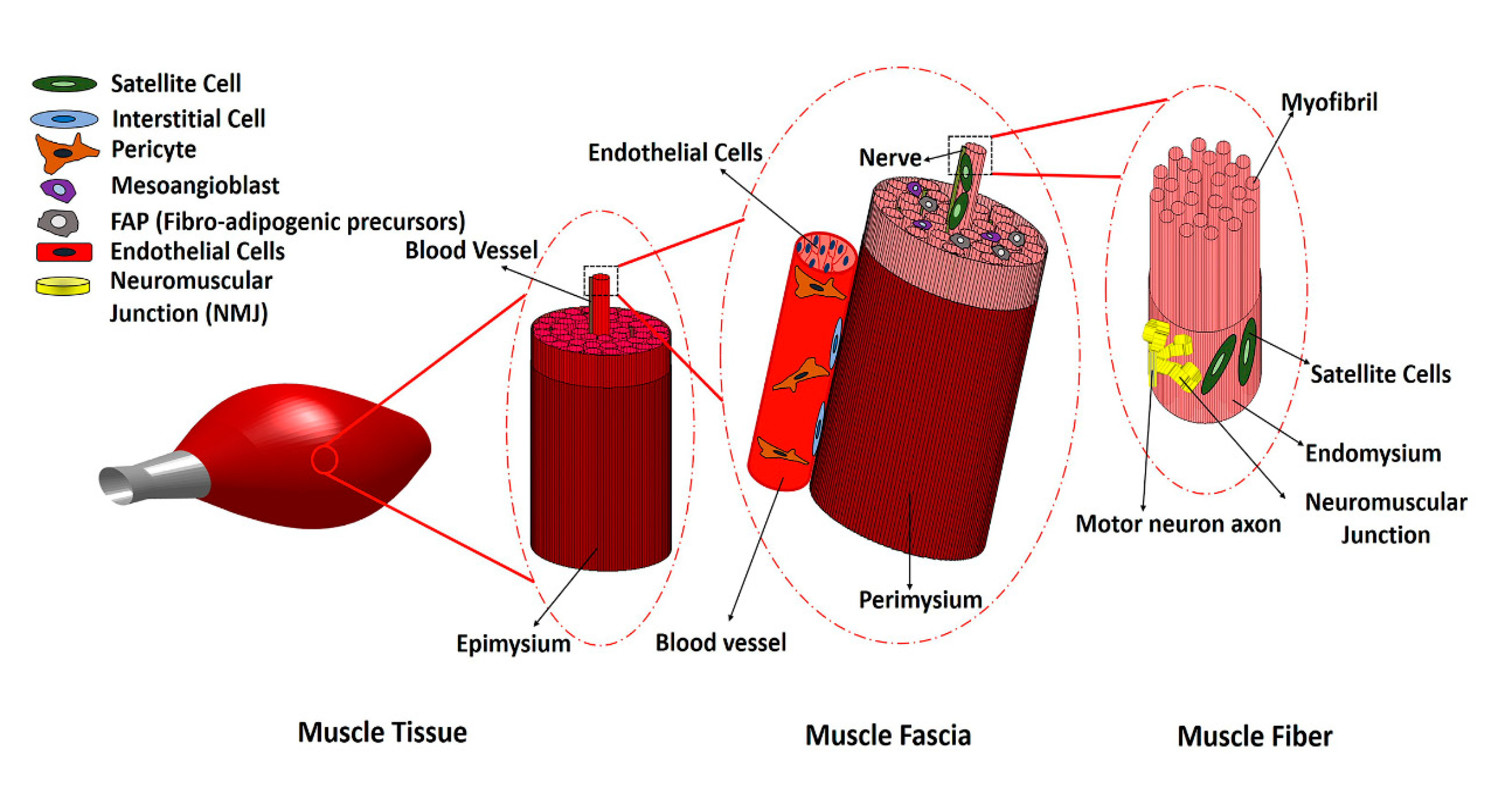
By A Mystery Man Writer
Extensive damage to skeletal muscle tissue due to volumetric muscle loss (VML) is beyond the inherent regenerative capacity of the body, and results in permanent functional debilitation. Current clinical treatments fail to fully restore native muscle function. Recently, cell-based therapies have emerged as a promising approach to promote skeletal muscle regeneration following injury and/or disease. Stem cell populations, such as muscle stem cells, mesenchymal stem cells and induced pluripotent stem cells (iPSCs), have shown a promising capacity for muscle differentiation. Support cells, such as endothelial cells, nerve cells or immune cells, play a pivotal role in providing paracrine signaling cues for myogenesis, along with modulating the processes of inflammation, angiogenesis and innervation. The efficacy of cell therapies relies on the provision of instructive microenvironmental cues and appropriate intercellular interactions. This review describes the recent developments of cell-based therapies for the treatment of VML, with a focus on preclinical testing and future trends in the field.
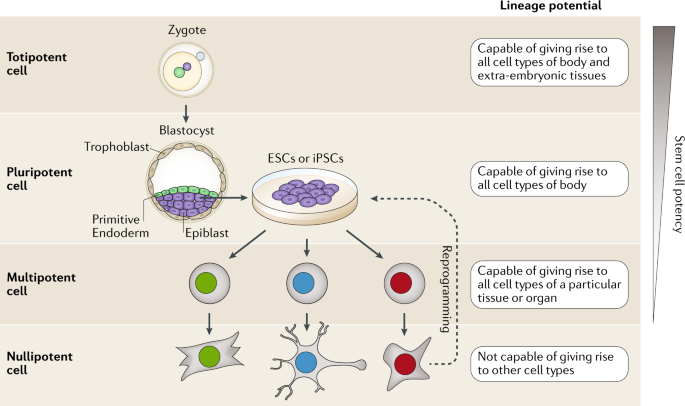
Stem cell bioengineering: building from stem cell biology
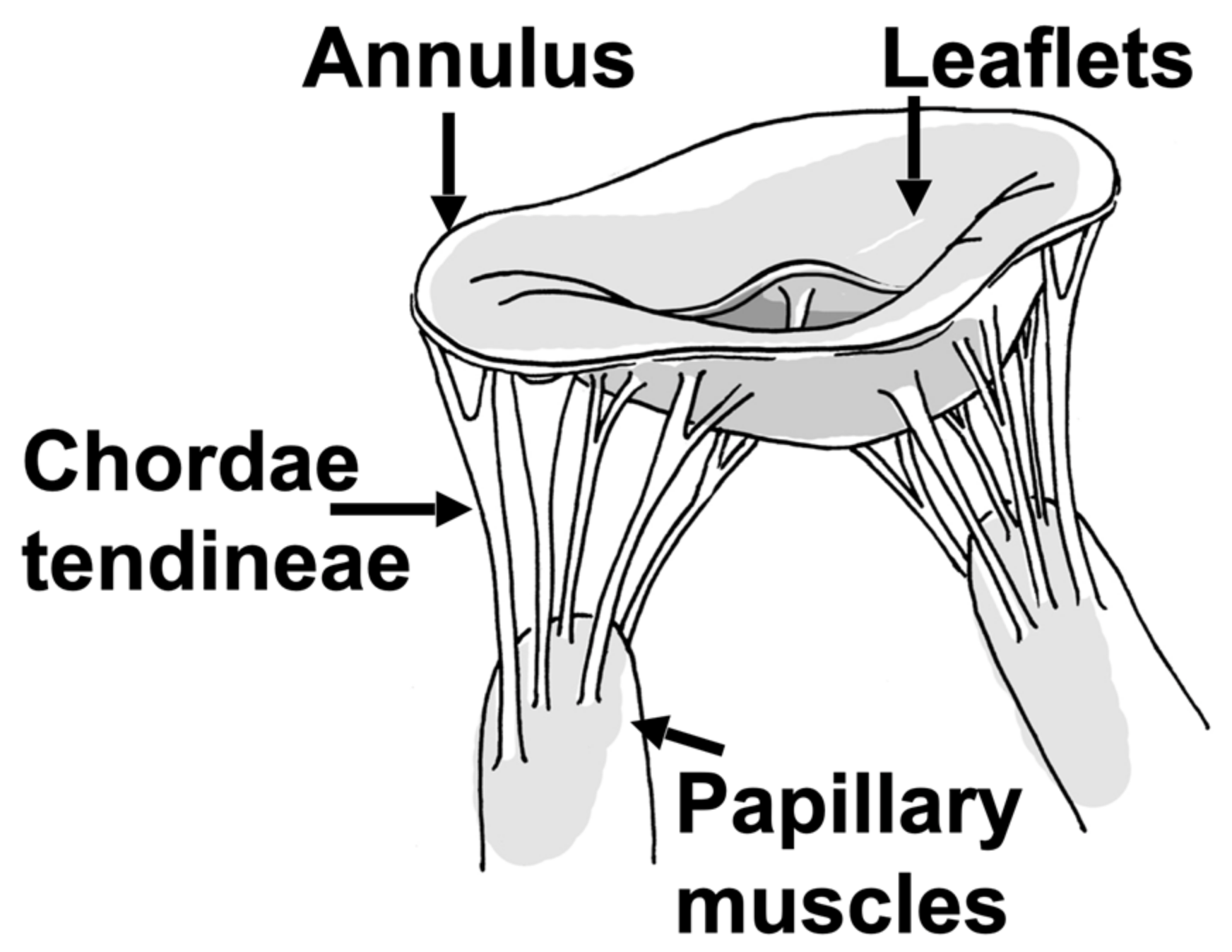
Bioengineering, Free Full-Text
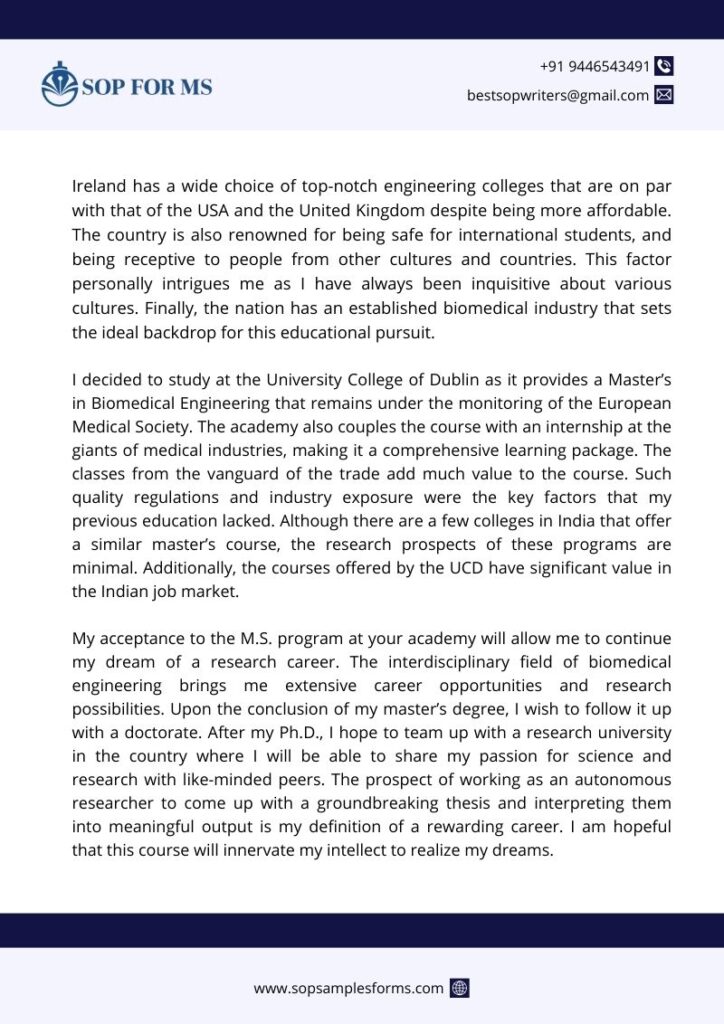
How to write SOP for MS in Biomedical Engineering-Free Samples
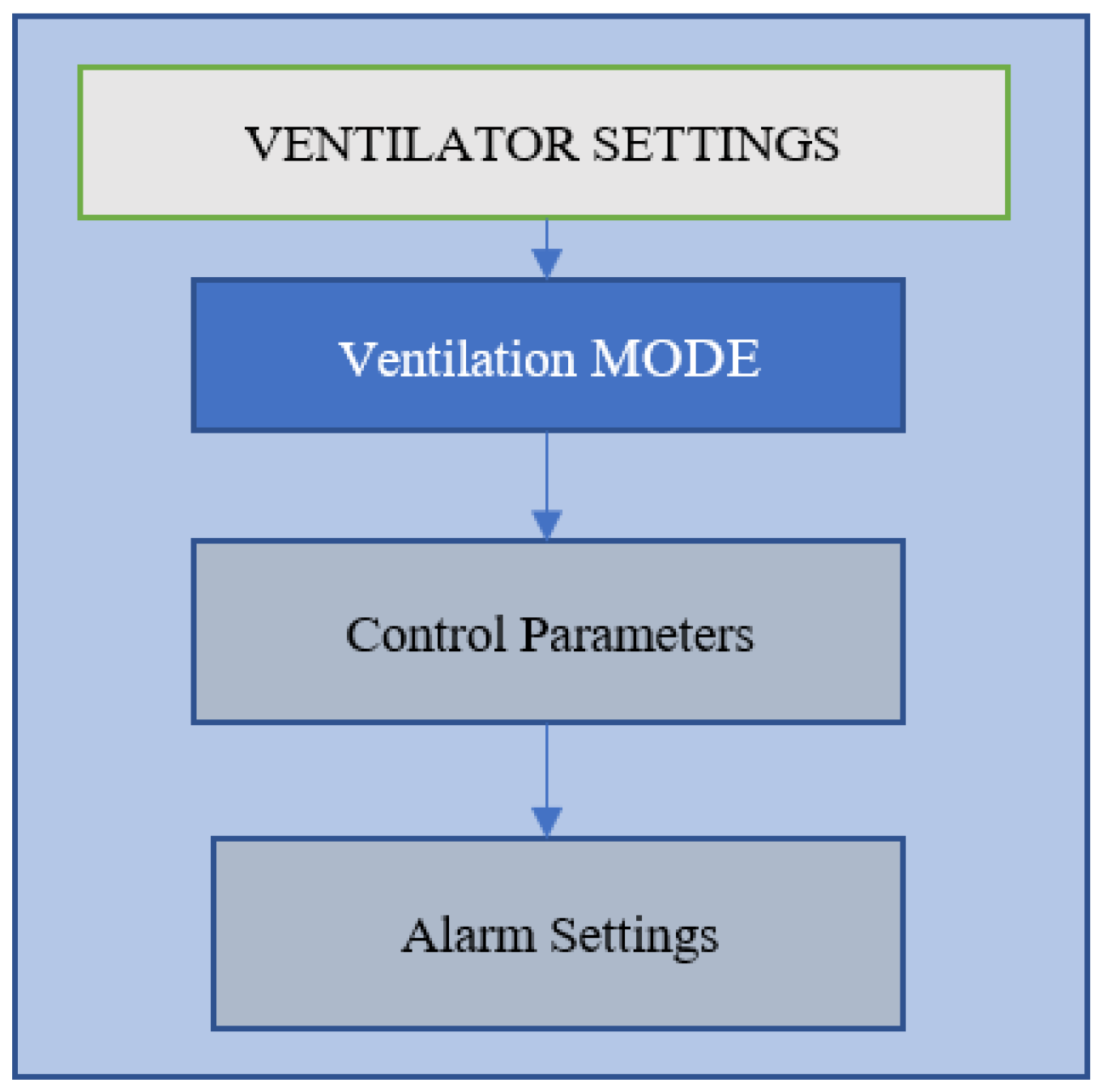
pub.mdpi-res.com/bioengineering/bioengineering-10

Bioengineering, Free Full-Text
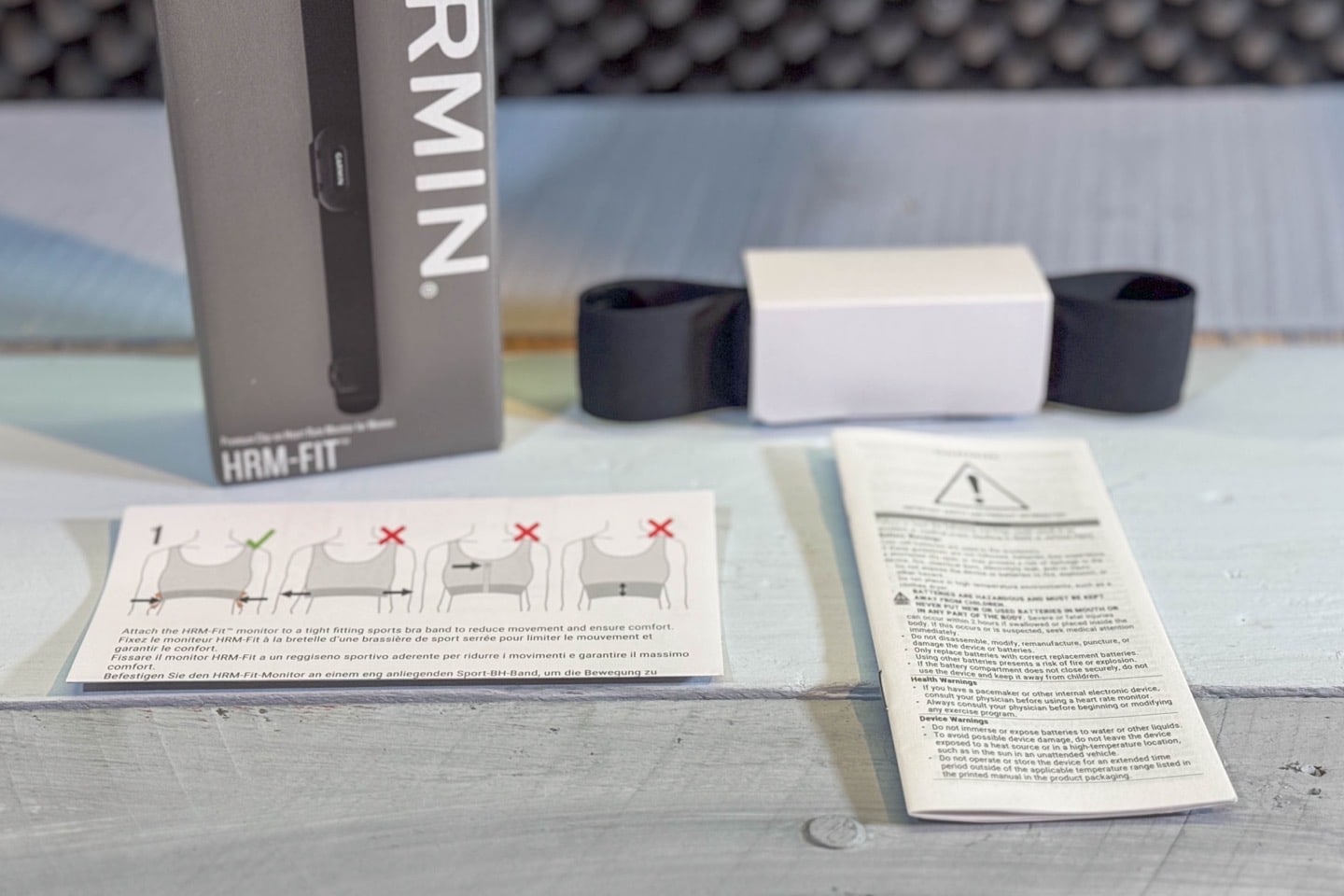
Electrically Modified Hinge, Mental Health Safety Products, Hinge
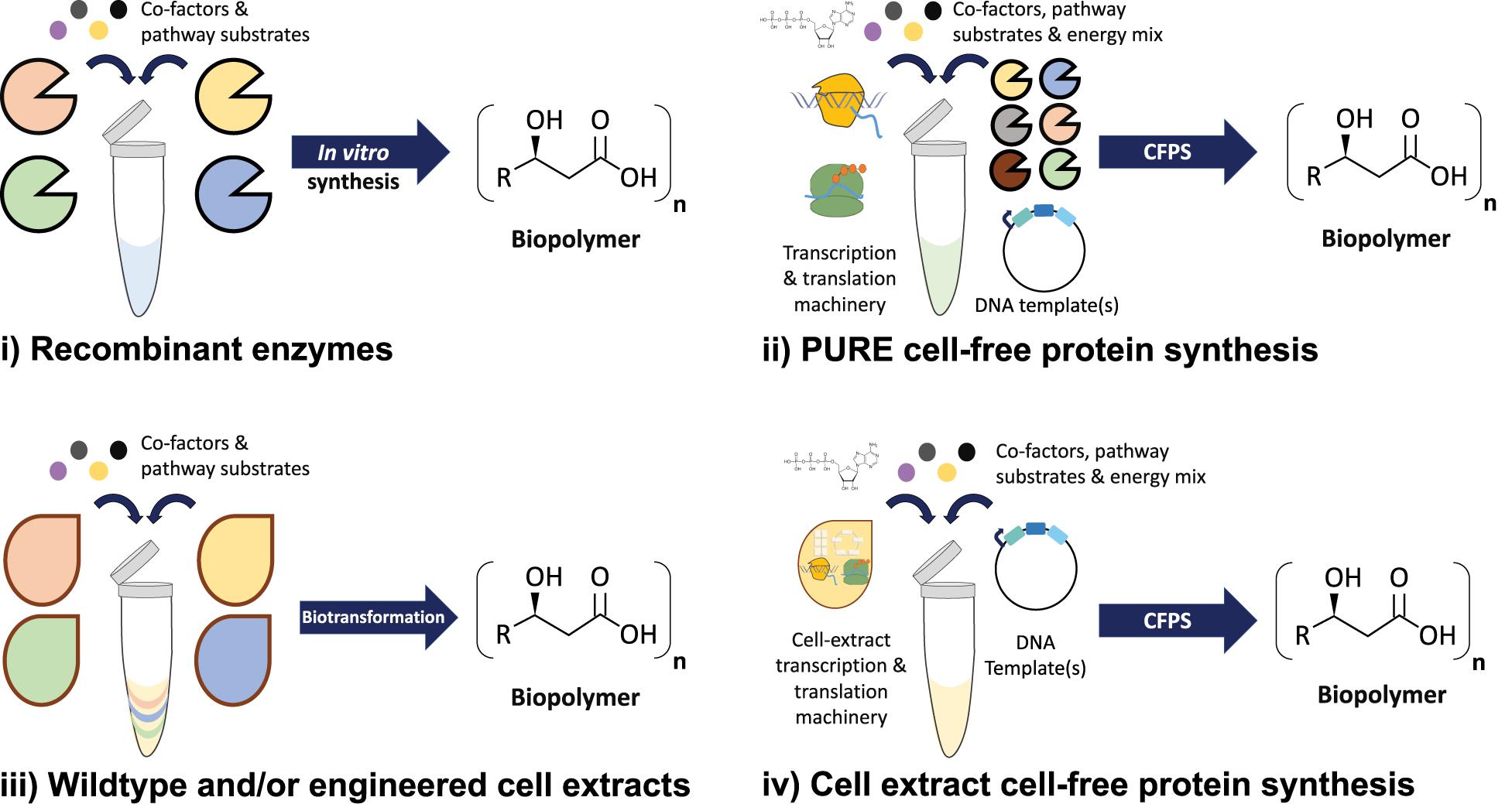
Frontiers Biological Materials: The Next Frontier for Cell-Free

Biomedical Engineering Q&A: A Personal Perspective 📝
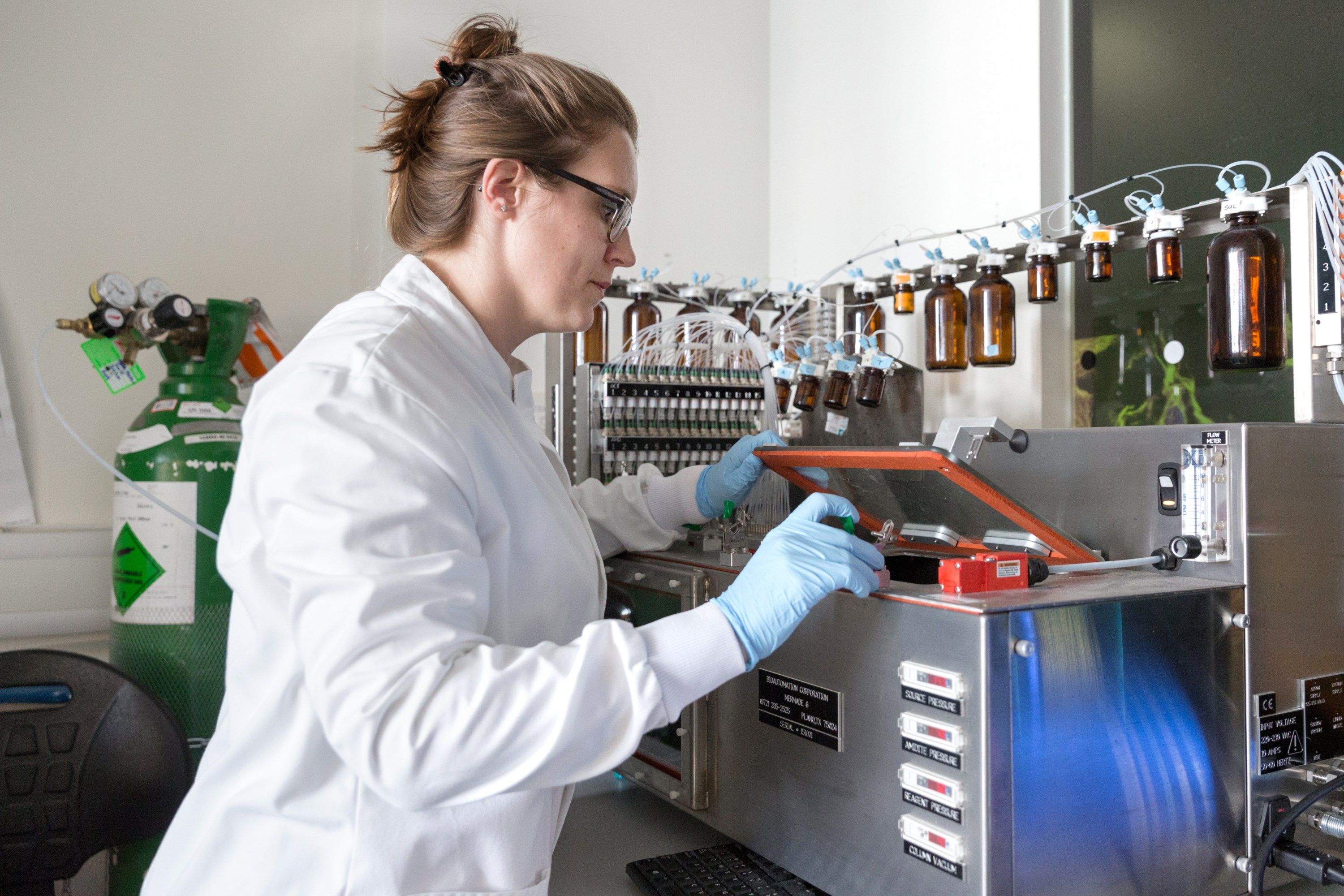
Molecular Bioengineering MEng, Study

Generic decoding of seen and imagined objects using hierarchical, generisch#/

Development Of A Blood-based Extracellular Vesicle, 55% OFF
Bioengineering, Free Full-Text, o que significa cgc/mf
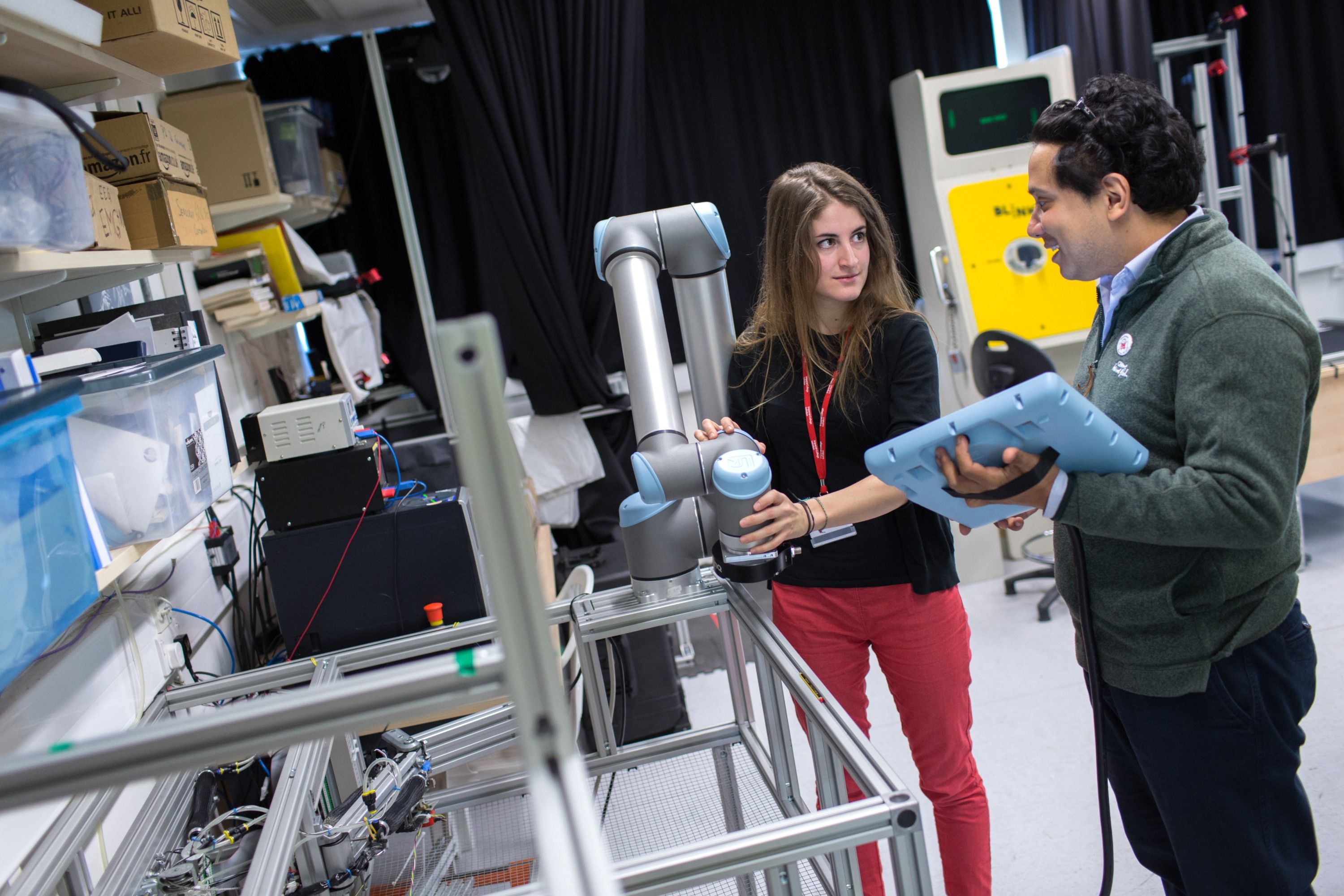
Biomedical Engineering MEng, Study
- Green Herringbone Linen Jacket

- TLF Plus-Sized Activewear On Sale Up To 90% Off Retail

- NWT Lularoe Small Elegant Amelia Dress Navy Blue Velvet Gold Ombre Holiday

- Wooden Church Candle Sticks

- Corset Waist Closing Body Corset Chest Supporting Gathering Belly Closing Clothes Open Belly Shapewear for Women, A, X-Small : : Clothing, Shoes & Accessories


